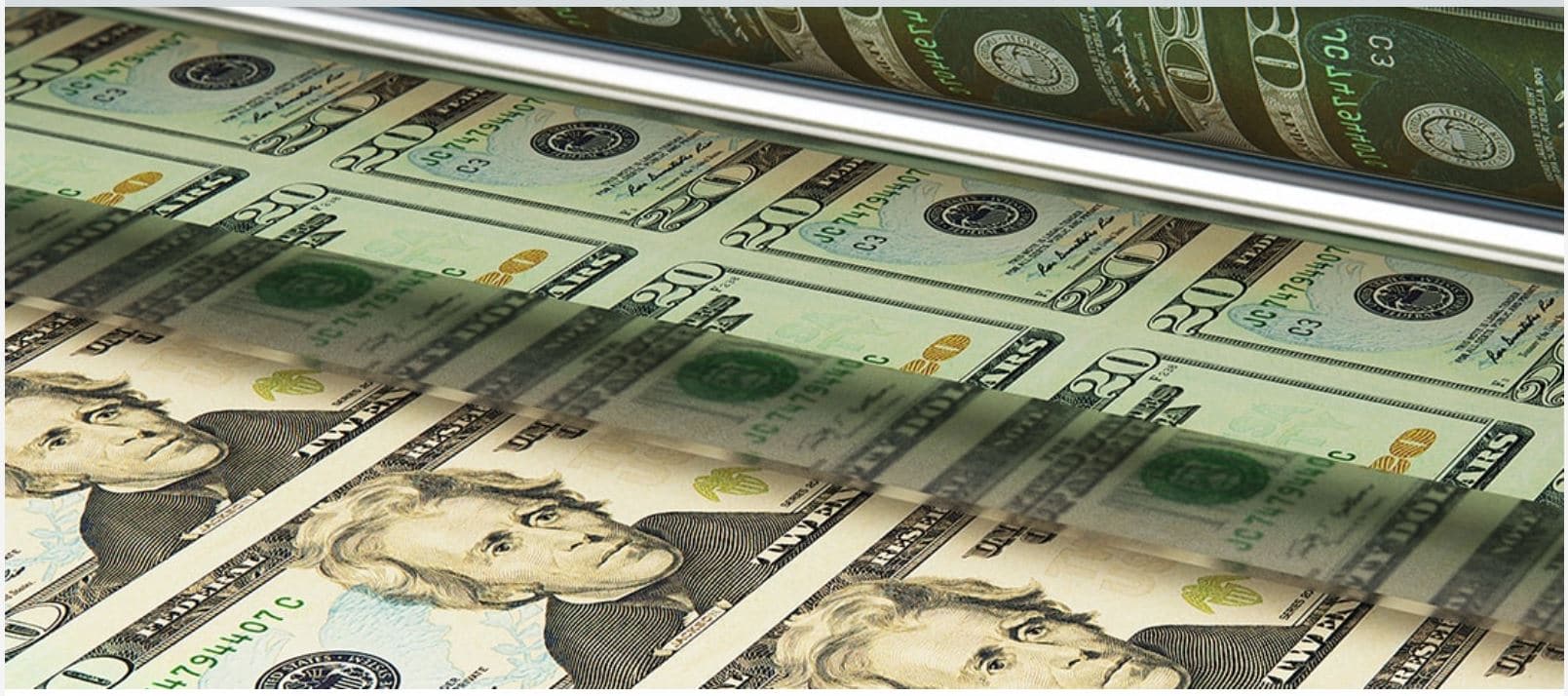Self-employment is a growing trend world-wide and in the US. The desire to work for themselves, being able to designate working hours, and the perks of flexibility when they work is part of the reason many choose to be self-employed. However, there are growing statistics that show many are forced to start their own business due to ‘down-sizing’ by American companies, and the ability for companies to hire ‘contracted labor’ for what they need versus hiring full time and paying benefits.
Necessity has created an entrepreneurial opportunity for many to become self-employed.
However, the US lacks in self-employment as only 6.5 percent are self-employed, in comparison of 1 in 3 people being self-employed in other countries, such as China, Brazil, and Turkey. The trend in the US is that we will see an increase in the number of people becoming self-employed due to technology advances eliminating workers, longer working years past age 69 in comparison to previous generations, and the slow recovery of business growth resulting in new positions with wages above minimum wage.
Being self- employed creates an interesting scenario when it comes to benefits others receive through their full time employment, such as health insurance and a retirement savings plan. Most countries rely on a three system approach to retirement savings: Governmental savings plans, employer savings plans, and personal savings. The alarming trend in the US is that self-employed individuals are not participating in these same savings plans; they are only paying in to the governmental plan which in our country is Social Security. Many self-employed have not set up their own retirement savings plan, such as a solo 401(k).
Many self-employed have irregular incomes, which makes it difficult to save on a regular basis. In some situations, individuals have been self-employed for many years, building a business which they plan to liquidate upon retirement to provide themselves with retirement assets. In either situation, planning needs to take place in order to ensure there are assets to use for retirement. Since the self-employed have typically had ‘to do it themselves’, they often feel they need to plan themselves and are not consulting with financial professionals.
Regardless of what your age and how many years you have been self-employed, it’s important to meet with an advisor who can assist you in planning for your future. For additional information on the self-employed and retirement readiness, visit the Global Retirement Survey. Feel free to contact me regarding setting up a self-employed retirement savings plan, or reviewing the one you have in place.




